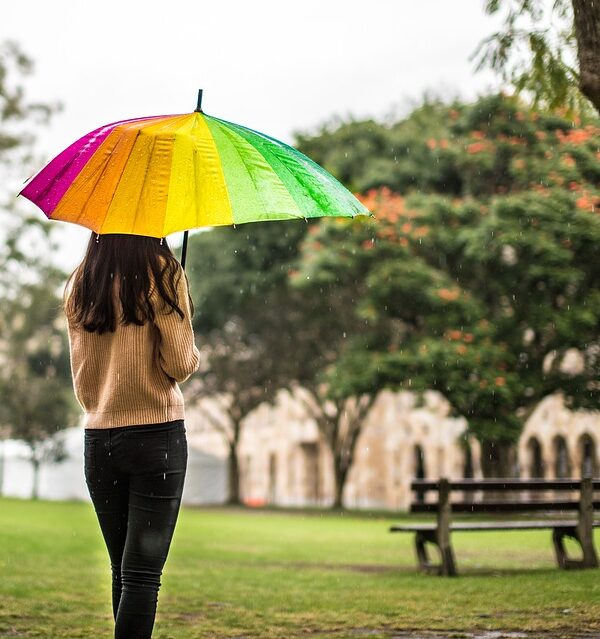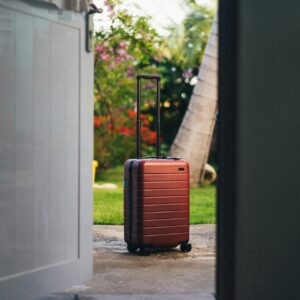The UK government is considering bringing back tax-free shopping for international visitors, after scrapping it at the end of 2020. The move could boost the tourism and retail sectors, which have been hit hard by the pandemic and Brexit.
What is Tax-free Shopping?
Tax-free shopping is a scheme that allows non-EU visitors to claim back the value-added tax (VAT) on goods they buy in the UK and take home with them. The VAT rate in the UK is 20%, so this can mean significant savings for tourists, especially on luxury items.
Before Brexit, the UK had one of the most generous tax-free shopping schemes in Europe, attracting millions of visitors from China, the US, the Middle East and other regions. However, after leaving the EU, the UK government decided to end the scheme in Great Britain, arguing that it was costly, complex and unfair to domestic shoppers. The scheme remained in place in Northern Ireland, under the terms of the Northern Ireland Protocol.
Why is the government reconsidering?
The decision to scrap tax-free shopping was met with fierce opposition from retailers, hospitality businesses, airports and tourism bodies, who warned that it would deter visitors and damage the UK economy. They claimed that the scheme generated billions of pounds in sales, jobs and tax revenues, and that the government’s estimates of the cost of reinstating it were exaggerated and based on flawed assumptions.
The industry campaign to reverse the decision gained support from some Conservative backbench MPs, who urged the chancellor to rethink the policy. In response, the Treasury asked the Office for Budget Responsibility (OBR), its independent forecaster, to review the costs and benefits of tax-free shopping, and to publish its findings alongside the budget in March.
The OBR’s review is expected to take into account new data and analysis from retailers and other stakeholders, which suggest that the impact of tax-free shopping on tourist behaviour and spending patterns is significant and positive. The industry hopes that the OBR will conclude that restoring the scheme will be beneficial for the UK economy and the public finances, and that the chancellor will announce the reinstatement of tax-free shopping in his budget speech.
What are the benefits?
- According to the industry, bringing back tax-free shopping would have several benefits for the UK, such as:
- Attracting more international visitors, especially from high-spending markets like China, the US and the Middle East, who would otherwise choose to shop in other European destinations that offer tax-free shopping.
- Boosting sales and profits for retailers, especially in the luxury, fashion and jewellery sectors, which rely heavily on international shoppers.
- Supporting the recovery of the hospitality and leisure sectors, which would benefit from increased spending by tourists on hotels, restaurants, attractions and entertainment.
- Creating and sustaining thousands of jobs across the UK, especially in London and other major cities, where many tax-free shopping outlets are located.
- Generating more tax revenues for the government, as the VAT refunds would be more than offset by the income tax, corporation tax, business rates and other taxes paid by the businesses and workers involved in the tax-free shopping industry.
What are the challenges and risks?
While the industry is optimistic that the government will change its mind on tax-free shopping, there are still some challenges and risks involved, such as:
- The legal and technical difficulties of reintroducing the scheme in Great Britain, while maintaining it in Northern Ireland, without creating new trade barriers or breaching the Northern Ireland Protocol.
- The potential backlash from domestic shoppers and taxpayers, who may perceive the scheme as unfair, wasteful or harmful to the environment.
- The uncertainty and volatility of the international travel market, which may affect the demand and supply of tax-free shopping, especially in the context of the Covid-19 pandemic and its variants, travel restrictions and testing requirements.
- The competition and innovation from other countries and regions, which may offer more attractive tax-free shopping schemes or alternative incentives to lure international visitors.
Pippa Stephens, Senior Apparel Analyst at GlobalData, a leading data and analytics company, offers her view:
“If the government were to reinstate tax-free shopping for tourists visiting the UK, it would be a welcome relief to brands and retailers across the apparel sector, especially luxury players. The move would help London win back tourists from the likes of Paris, Milan, and Madrid, boosting both the overall economy and luxury apparel sales.
“Since the termination of tax-free shopping at the end of 2020, aspirational shoppers, who tend to buy entry-priced luxury items using their savings, have cut back on purchases when visiting the UK due to prices now being 20% higher than in nearby countries. This has caused the UK to be particularly impacted by the slowdown of the luxury market as consumers also grapple with inflationary challenges, with Burberry highlighting how its performance in the UK lagged Continental Europe in the 26 weeks ending 30 September 2023.
“In response to this, over 400 businesses signed a letter to the Chancellor of the Exchequer in September 2023 asking for the policy to be restored, driving the Office for Budget Responsibility (OBR) to carry out a review, with the results due to be published alongside the budget next month. This reinstatement would enable the UK’s luxury market to return to its perpetual outperformance again once inflation subsides, with the fortune of domestic players like Burberry and Mulberry particularly reliant on tourist sales, as luxury shoppers prefer buying designer goods in the brands’ home markets.”
Tax-free shopping for tourists is a contentious and complex issue, with strong arguments on both sides. The government’s decision to end the scheme in Great Britain was seen as a major blow to the tourism and retail sectors, which have been struggling to survive and recover from the pandemic and Brexit. However, the government is now reconsidering the policy, following pressure from the industry and its own forecaster. The outcome of the OBR’s review and the chancellor’s budget announcement will be eagerly awaited by the stakeholders and the public, as they could have significant implications for the future of the UK economy and society





